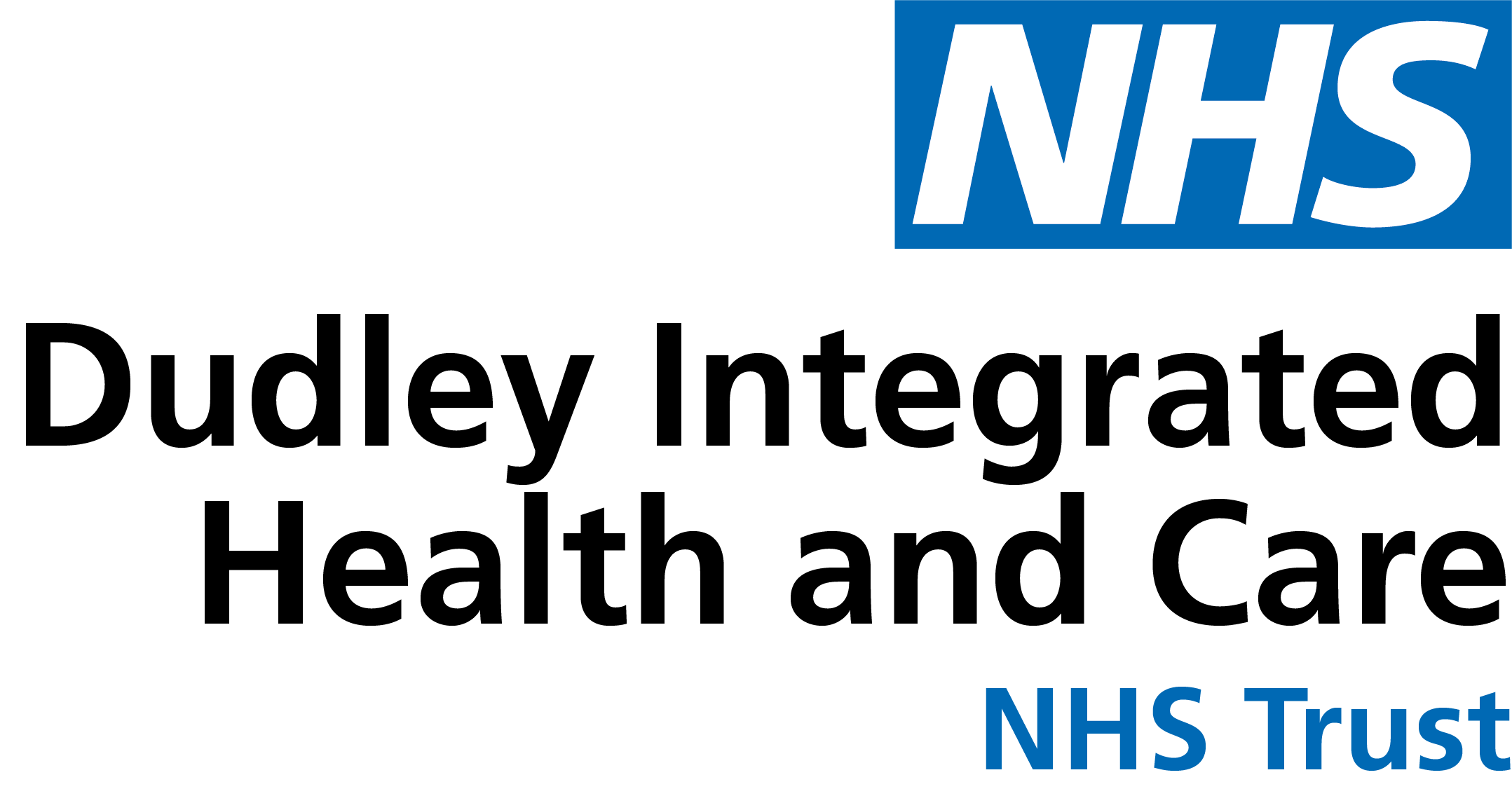Continuing Healthcare (CHC)
Adults
NHS Continuing Healthcare (CHC) is the name given to a package of care that is arranged and funded solely by the NHS for individuals who are not in hospital but have complex on-going healthcare needs.
If you are eligible for NHS Continuing Healthcare, you can receive NHS continuing healthcare in any setting, for example:
- in your own home – the NHS will pay for healthcare, such as services from a community nurse or specialist therapist, and personal care, such as help with bathing, dressing and laundry
- in a care home – as well as healthcare and personal care, the NHS will pay for your care home fees, including board and accommodation
NHS continuing healthcare is free.
A full guide can be found on the What is Continuing Healthcare? section of the NHS Choices website or in the public information leaflet ‘NHS Continuing Healthcare and NHS-funded Nursing Care’ published by the Department of Health
See our adult policies below:
Continuing Healthcare Policy 2020 Adults
Continuing Healthcare – Choice & Resource Allocation Policy V1.0
Continuing Healthcare Fast Track Referral October 2018
Continuing Healthcare Appeal Policy
NHS Continuing Healthcare Checklist
To find out more about Continuing Healthcare, please contact:
Continuing Healthcare Team: 01384 321777
Children and Young People
A Continuing Care package is a term used when a child or young person has complex health needs arising from disability, accident or illness that cannot be met by existing universal or specialist services alone.
These complex health needs could be the result of congenital conditions, long-term, life-limiting or life-threatening conditions, disability or the after-effects of serious illness or injury.
Continuing Care is for children and young people up to their 18th birthday. Thereafter, the NHS Adults Continuing HealthCare framework is to be used.
Children and young people with complex needs may not only need support from health services.
Children and Young People with Continuing Care needs may also have special educational needs. Appropriate care of children or young people with profound multiple disabilities or chronic severe illness involves input from all statutory agencies: Health, Social Care and Education and will be highlighted in the child or young person’s EHCP (Education, Health and Care Plan).
What we do - The continuing care process comprises of an assessment of the child or young person’s health care needs, a multi-agency decision-making panel and then, if found to be eligible, the commissioning of a package of care.
This package of care is bespoke to the child or young person.
How do I access the service? - Anyone can enquire about the process however a pre-assessment checklist must be completed by a professional (e.g. a school health advisor/school nurse, children's community nurse, health visitor or social worker), who knows the child or young person best. This must be sent to the Continuing Care Nurse Assessor, along with written consent from the parent/carer.
What happens next –The completed pre-assessment checklist and the consent form should be sent securely to the Continuing Care Nurse Assessor at to see if the child/young person meets the eligibility criteria, and if so, a full assessment will be undertaken.
Should you have any questions about Continuing Care, please email .
See our policy here: Children and Young People’s Continuing Care Policy V1.3
document Children and Young People’s Continuing Care Information Leaflet (3.56 MB)
To find out more about Continuing Care, please contact:
Allison Stuchfield: 01384 322606 or
Personal Health Budgets – Local Offer
A personal health budget (PHB) is an amount of money to support your identified health and wellbeing needs, planned and agreed between you and your local NHS Team. This aim is to give people with long term conditions and disabilities greater choice and control over the health care and support they receive.
The CCG have developed a local process to enable these budgets to happen. From October 2014, patients with Continuing Healthcare/Continuing Care needs have the right to have a PHB. From April 2016 onwards the CCG plans to extend its local offer for supporting PHB’s to the following groups:
- Adults, children and young people with continuing healthcare needs
- Children with special educational needs
- Adults and children with learning disabilities.
These are essentially 3 ways for people to receive and manage PHB’s:
- A direct payment – a pre-payment card allowing the cardholder to manage and directly pay for the agreed health care needs
- A notional budget – where the CCG makes arrangements for the agreed care and support.
- A third party budget – where someone independent of the individual and the NHS holds the budget and makes arrangements for the agreed care and support.
More information on Continuing Healthcare is available on the NHS Black Country and West Birmingham CCG Website.


